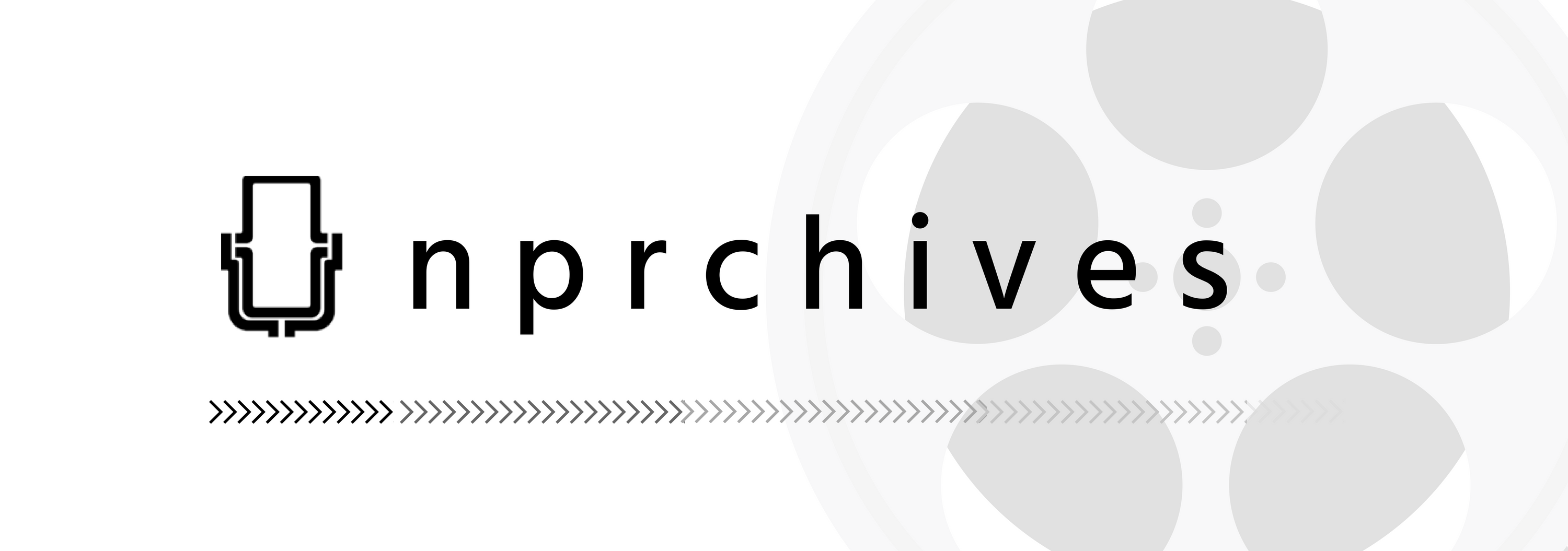January 6, 1984: A Ray Charles interview about Martin Luther King Jr.
Key quote: “I think what made me become so hung up with Dr. King was the fact that he was saying, look, here is a chance not only for our country but the world to see what injustice can do to people.”
Full Transcript after the jump:
BOB EDWARDS, HOST: A number of entertainers active in the Civil Rights Movement will be here in Washington this weekend to raise money for the Martin Luther King, Jr. Center for Non - Violent Social Change. The Atlanta-based center houses the King Library and archives. Sunday’s benefit will feature live performances and film footage on Dr. King’s achievements. Among the all-star cast will be singer Ray Charles. NPR’s Thurston Briscoe prepared this profile.
RAY CHARLES: I don’t know what the devil a political activist really is, actually. If something is going on that really affects you to the point wherein you feel that here’s an opportunity for you to do something about it, if that makes you a political activist, then I guess I am.
THURSTON BRISCOE: Following his parents’ death, Ray Charles dropped out of the St. Augustine School for the Blind and Deaf to support himself as a musician. In the mid-forties, Charles travelled through the south on what was known as the Chitlin’ Circuit. But it wasn’t the segregated halls that left the biggest impression on him.
CHARLES: You were caught between what they call a rock and a hard place. That is to say that if you needed to go to the restroom or something, you knew that you might pass filling stations that only had white restrooms and there was nowhere to stop if they didn’t have a colored restroom. Yet if you stop on the highway and the police caught you, you went to jail for that. Or if you wanted to have someplace to stay in a hotel, there was no going to the Hiltons or to the Eden Rocs and all this type of thing.
(SOUNDBITE OF SONG, “GEORGIA ON MY MIND”)
CHARLES: (Singing) Georgia, Georgia. The whole day through, just an old sweet song keeps Georgia on my mind. I said Georgia, Georgia, a song of you comes as sweet and clear as moonlight through the pines.
BRISCOE: Charles left the south for Seattle, Washington in 1947 at the age of seventeen. Four years later, he was in Los Angeles and had recorded his first hit, “Baby, Let Me Hold Your Hand.” Within another six years he had added five more hits to his list of best-sellers. By the mid-sixties, he had pioneered what is known as soul music and become a major figure in rhythm and blues. It was during the same period that Dr. Martin Luther King, Jr. organized freedom marches. Ray Charles was aware of the marches but did not participate in them.
CHARLES: If I go out into a march, first of all, I can’t see, number one. So somebody throws something at me, I can’t even duck, you know, in time. That’s number one. Number two, I know that my temperament, as much as I would like and as much as I love and appreciate what Dr. King stood for, I know that my temperament just couldn’t handle it. You know, when you can’t handle something, you can’t handle it. And I’m not the kind of a person that can let somebody strike me and don’t strike ‘em back, you see? And you’re not supposed to do that, you’re supposed to, you know, to accept that and I know I couldn’t do that, so why get involved in something and make Dr. King look bad because of me? That don’t make sense. So I figure, why don’t you do something in a quiet way, I don’t need to be in the newspapers and said, well, Ray Charles contributed this or Ray Charles gave that. I didn’t want that.
BRISCOE: But Charles did contribute his talent. In the late sixties, he performed at a benefit for the Reverend King. Following the concert, he met Martin Luther King, Jr. for the first time.
CHARLES: I was just someone who loved Dr. King, let me explain it that way. And when I met him, as far as I was concerned, he was like an earthly god to me. Everything was an honor, so he didn’t sit down and tell me how great I was and thank God he didn’t ‘cause that was not what I wanted to hear in the first place. So, no, he just spoke to me and as I said he told me how pleased and satisfied that he was that we were there. And to me that said everything.
(SOUNDBITE OF SONG, “THE DANGER ZONE”)
CHARLES: (Singing) Sad and lonely all the time, that’s because I’ve got a worried mind. You know the world is in an uproar. The danger zone is everywhere. Everywhere…
I think what made me become so hung up with Dr. King was the fact that he was saying, look, here is a chance not only for our country but the world to see what injustice can do to people. And it is also a chance if I and if the people, if we can get together and do this, it will also show America and the world that we can change this injustice and we don’t have to go out and get a bunch of nuclear bombs and half kill each other. Or totally kill each other.
–BRISCOE: Ray Charles. He will be one of the entertainers at the John F. Kennedy Center for Performing Arts this Sunday for “A Celebration of Life: A Tribute to Martin Luther King, Jr.” The affair will be videotaped and released to independent stations for broadcast. For National Public Radio, this is Thurston Briscoe.



